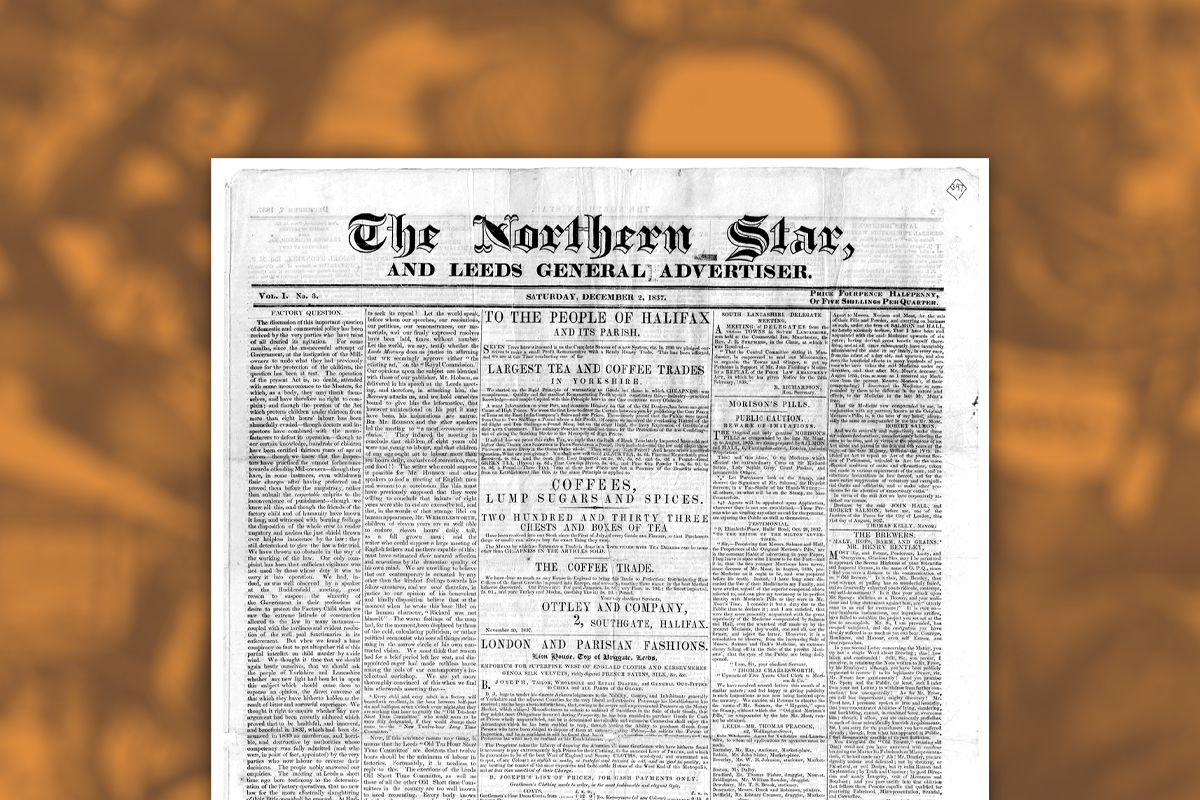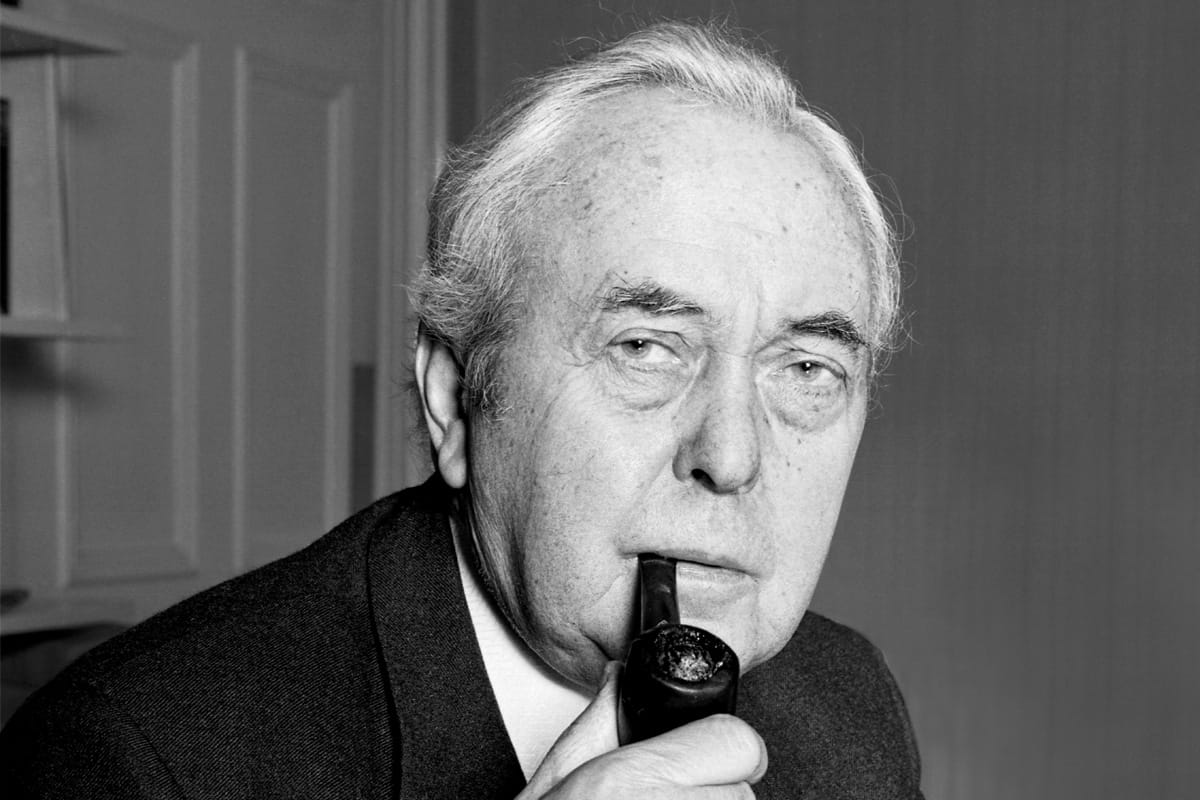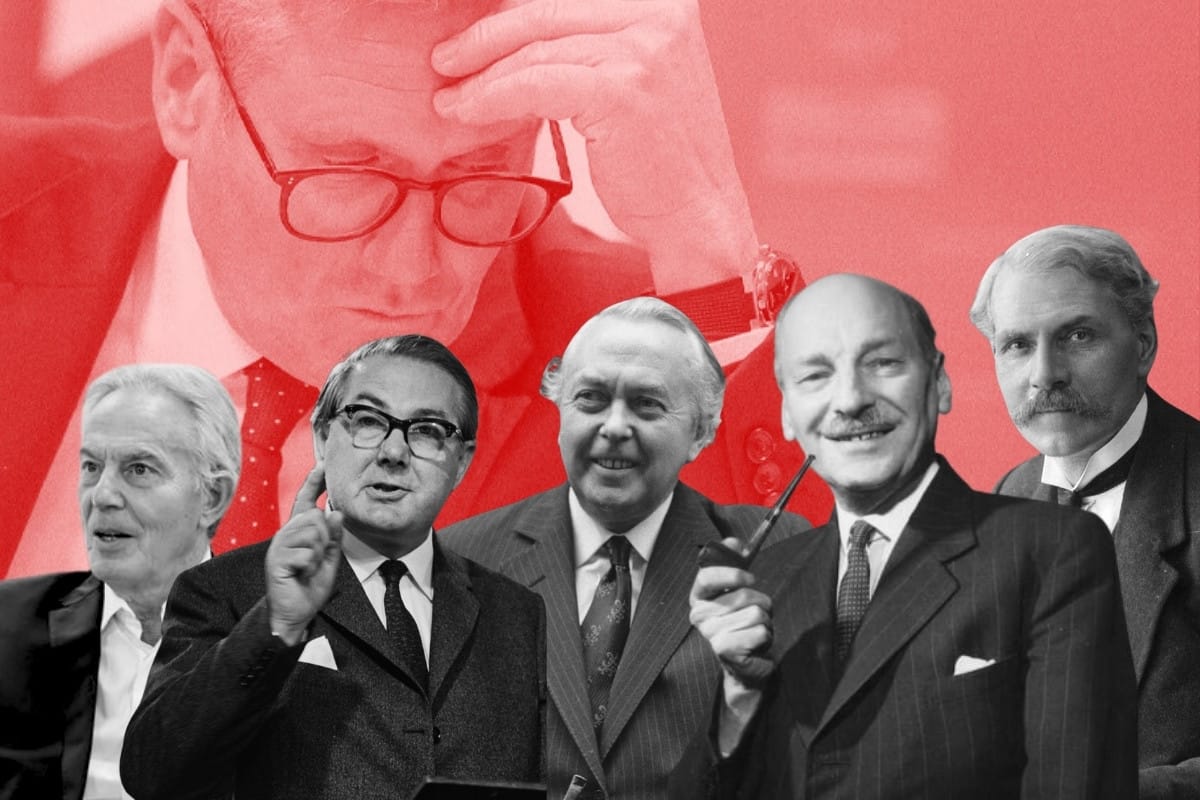SA: What were the lessons of the strike?
NP:
The strike is full of lessons. One of the main ones is the need for
unity among the working class, that stands out above all else – unity
is strength, and united the working class can achieve anything. Divided
we are weak, and even small divisions can have a destructive effect. If
you have such divisions it becomes a very risky game, and it leads to
long, bitter, drawn-out strikes.
Above
all we need a strong and united leadership in the movement that will
support other groups of workers in struggle, and is prepared to take a
courageous stand.
On
the question of the national ballot. In hindsight most people accept
that it was a mistake not to call a national ballot. But hindsight is a
wonderful thing, and it is a lot more difficult to be right at the
time.
From
the beginning we could see we had problems with unity. Some areas were
refusing to come out saying the union had not held a national ballot.
In Yorkshire we were solid but we could see that there were problems
around the country.
But
at the time there was great confidence among the membership, after the
victories in ’72 and ’74, and the strong traditions of an undefeated
labour movement. The leadership thought they could achieve unity quite
easily without a ballot. There was also a certain feeling of
inevitability; we couldn’t afford not to go on strike.
But
at first the relations between the areas were friendly. I remember as a
young miner going to Nottinghamshire to picket. At first the picketing
was very peaceful and there was a very friendly relationship between us
and the Notts. Miners.
At
the beginning of the strike it would have been possible to win any
ballot. That might not have created unity but it certainly would have
given our detractors less ammunition. But confidence was running high
in 1984 and many miners believed that the dispute could be won without
the ballot. Clearly that was a mistake, and it is something to remember
in future battles that it is very important to achieve as much unity as
possible in the opening stages. This gives enemies in and outside the
movement less ammunition.
SA: What do you think have been the consequences of the strike?
NP:
There have been many consequences starting with the destruction of the
mining industy. The who labour movement was pushed back. Industrially
and politically this had huge ramifications. Workers came under attack
everywhere. In their own organisations the right was able to push
unchecked to the forefront and ‘new realism’ was born which has led to
the current right-wing labour government. The idea of "social
partnership" and in many ways the triumph of Blair finds its roots in
the period after the strike.
SA: What is the future of the coal industry in Britain?
NP:
The future is now bleak for the mining industry, we are down to 13 deep
pits and the closures are still going ahead. In the next period we are
looking at the closure of the Selby pit which will lead to the loss of
many more jobs including my own.
What
was left of the mining industry was privatised in 1992, and the union
still calls for total renationalisation. But the reviews are ongoing,
and we have a total lack of government support. In 2 years time there
will only be 5 or 6 pits left. And a recent government review predicted
that there will be no pits left in 10 years time.
We
need an energy policy that reflects the needs of the country. This will
be a big question in the future – they are making a big mistake by
allowing the last of our deep mines to close.
This
is typical of the short-sighted capitalist class in Britain today who
have developed a culture against manufacturing. A certain section of
the establishment have convinced themselves that the British economy
doesn’t need manufacturing, and that they can do fine without it. But
this is pie in the sky and in time it will show what a terrible weak
state the British economy is in.
SA: Was it worth it?
NP:
Like the old saying goes ‘I don’t regret one minute’. I’ve got no
regrets, but it’s the loss that I don’t like. Is it worth it? The
mining industry has been destroyed; originally they said they said they
wanted 70 closures, they’ve shut 200 pits. Was the union right about
the threat to the mining industry? Yes. Was the union right about the
threat to the labour movement? Yes.
The
defeat of the miners gave them a clear run to carry out their
programmes. They introduced the anti-union laws which was an attack on
the entire movement, they’ve taken on and defeated union after union.
British industry has been dealt a heavy blow, the nationalised
industries were privatised and most of them have collapsed, like coal,
like steel, car making, and shipbuilding.
And
all this stems back to the time of the defeat. So yes we were right to
fight, we had a duty to fight, and I’m proud to have fought, and I’m
proud of all those I fought alongside. The miners’ strike was a turning
point in the history of the movement.
Socialist Appeal: What were the main reasons for the strike?
Nigel
Pearce: Nowadays most people accept the political nature of the strike,
but at the time many people didn’t see that. Many people said that it
was a purely industrial dispute. But from the point of view of
Thatcher, MacGregor and the ruling class it was very much viewed as a
political question.
The
labour movement emerged from the 1970s very confident and undefeated,
the miners had come out victorious from disputes in ’72, and ’74 when
we toppled the Heath government, and so we were regarded as the advance
guard of the working class.
Following
on from the historic victory in 1974 the Tories put together the Ridley
Report, which was basically their programme for how to defeat the
unions. The Thatcher government had its own political agenda of
large-scale privatisations and cuts in public services. But to carry
them out they first had to take on the trade union movement and its
advance guard – the NUM. The Thatcherites knew that if they could
defeat us they could walk over the labour movement
The
first attempt to provoke us came in 1981 with Thatcher’s plans to shut
50 pits. The union immediately balloted for action, and got a solid
majority in favour. The government temporarily backed down. At the time
it was presented in the press as a U-turn, but it was actually more of
a side-step. They used classic delaying tactics because they were not
prepared for a showdown at the time.
But
following 1981 they instructed power stations to start stockpiling coal
in preparation, and they began using tactics to sow divisions within
the union in line with the conclusions of Ridley. MacGregor who served
his apprenticeship as the hatchet-man in the British Steel strike was
installed at the head of the NCB to lead the attack. So they were
making serious preparations to take us on.
The
government was very well prepared but in some ways the labour movement
wasn’t so well prepared. In Yorkshire we could see that a dispute was
coming, the defeat of the steel workers, and the appointment of
MacGregor made it inevitable.
The
spark came when they announced the closure of 5 pits initially, and
later extended this to 20. This was intended as an act of provocation
because they knew fine what the response would be. The final spark came
with announcement of the closure of Cortonwood in Yorkshire, with that
the union immediately called out the workforce.
SA: What kind of support did you get from the wider labour movement?
NP:
Initially we received a lot of support from the movement, both
nationally and on an area by area basis. And support among the local
communities stayed solid during the dispute.
The
working class has an instinctive capacity for organisation. When it
became clear that it was going to be a long dispute we began to get a
lot of support from mining communities, and non-mining communities
alike. Initially many of these initiatives were organised by the union
but later whole communities began to mobilise in support. Many
community based initiatives played a key role in the strike such as
women’s support groups, soup kitchens, and people in the local areas
putting up picketing miners who had to travel away from home.
We
had some problems with some of the national union leaders along with
the Labour leadership. At first a lot of them did not see the dispute
for what it was. It was seen by many as a normal industrial dispute and
they didn’t see the government’s political motivations, and most of
those that did tended to stand back.
And
when the problems began to occur in Nottinghamshire it gave Kinnock and
the Labour leadership, along with the right-wing union leaders an
excuse not to support the strike. We could see it at quite an early
stage. Within weeks certain sections of the Labour Party and trade
union movement were wavering and didn’t give support. I believe that if
we had got the support we needed the strike would have won.
|






